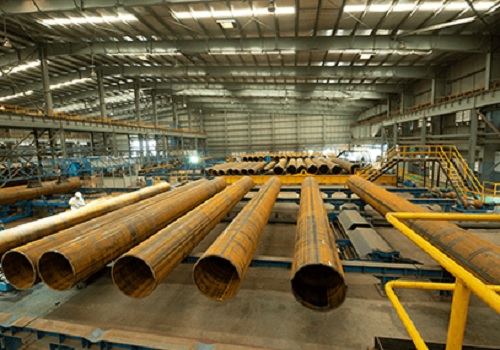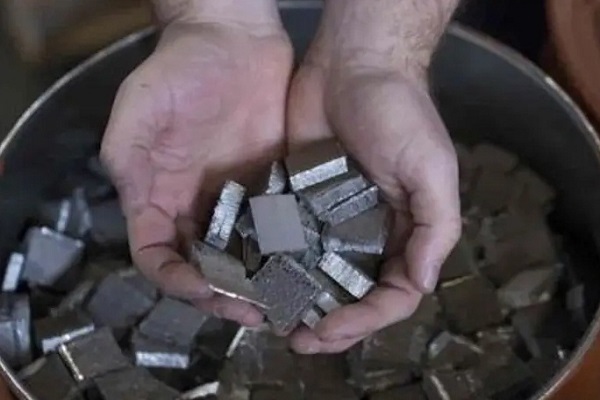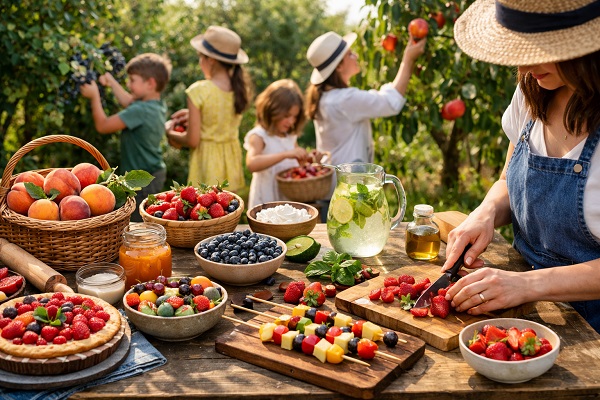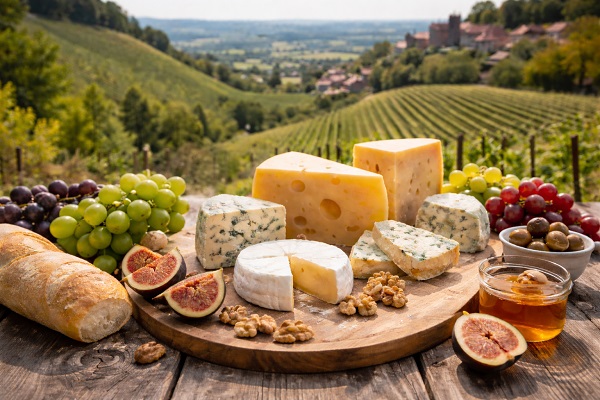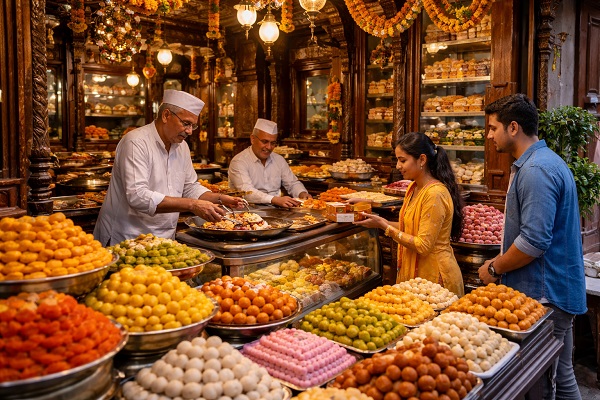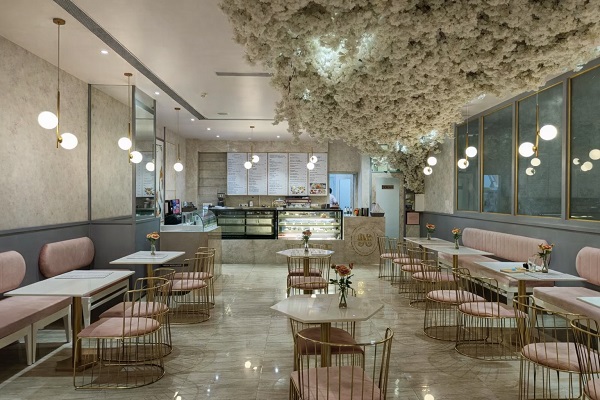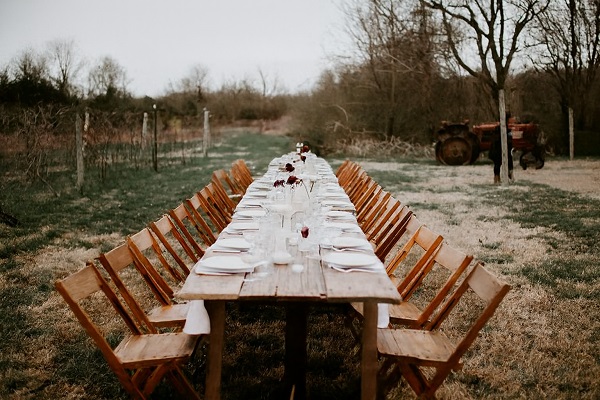Food and Beverage Tourism: A Journey Through Flavors and Cultures

What is Food and Beverage Tourism?
Food and beverage tourism involves traveling with the primary purpose of experiencing unique culinary traditions, regional specialties, and local beverages. It includes activities such as dining at authentic restaurants, visiting local markets, participating in cooking classes, wine and craft beer tours, and attending food festivals.
Why is Food and Beverage Tourism Popular?
Cultural Exploration: Food is a window into a community’s history, geography, and social customs. Sampling local dishes allows travelers to understand a culture deeply.
Unique Experiences: Every destination offers signature flavors and cooking techniques, from street food stalls to fine dining.
Social Connection: Sharing meals fosters interaction between locals and visitors, creating meaningful memories.
Support for Local Economy: Culinary tourism promotes small farmers, artisans, chefs, and producers, contributing to sustainable economic growth.
Popular Food and Beverage Tourism Experiences
Wine Regions: Visiting vineyards and wineries in places like Bordeaux, Napa Valley, or Tuscany for tastings and tours.
Street Food Tours: Exploring markets and food stalls in cities like Bangkok, Mexico City, or Marrakech.
Cooking Classes: Learning to prepare traditional dishes in countries such as Italy, Japan, or India.
Food Festivals: Attending events like Oktoberfest in Germany, La Tomatina in Spain, or the Maine Lobster Festival in the USA.
Craft Beverage Trails: Sampling craft beers, local spirits, or traditional teas in specific regions.
Tips for Food and Beverage Tourists
Research Local Specialties: Know the must-try dishes and drinks before you go.
Be Adventurous: Try new foods, even those that may seem unusual.
Respect Food Culture: Understand the customs related to dining and etiquette.
Visit Local Markets: Engage with vendors and learn about ingredients.
Balance Indulgence: While savoring treats, keep health and moderation in mind.
Document Your Journey: Take photos and notes to remember flavors and recipes.
Benefits of Food and Beverage Tourism
Enhances Travel Experience: Culinary adventures enrich overall travel by engaging multiple senses.
Preserves Heritage: Promotes the continuation of traditional recipes and food-related customs.
Encourages Sustainability: Focus on local, seasonal ingredients reduces environmental impact.
Fosters Global Understanding: Sharing food stories bridges cultural divides.




